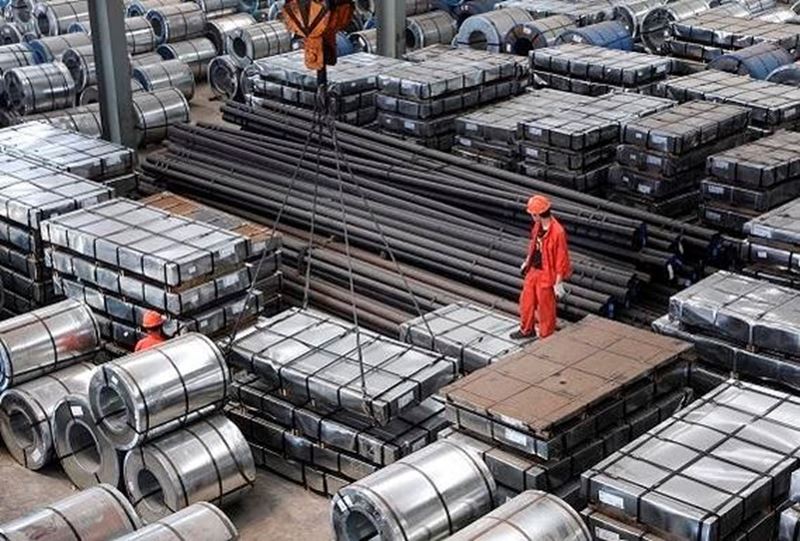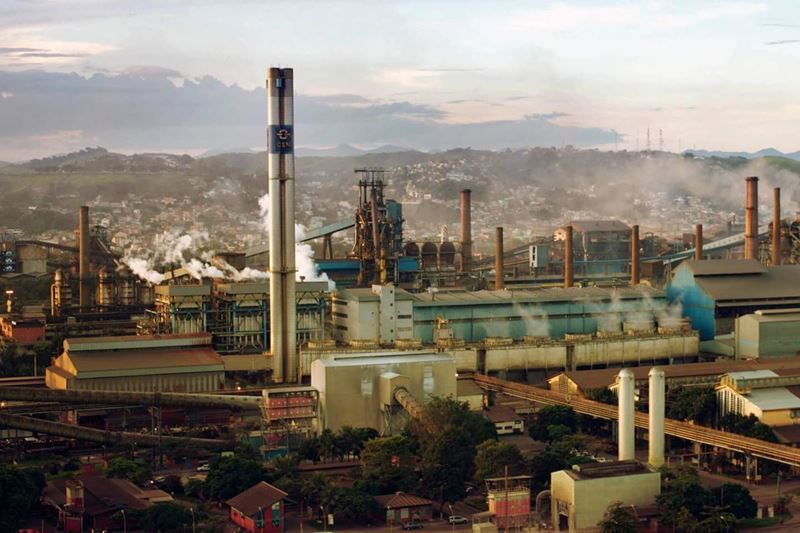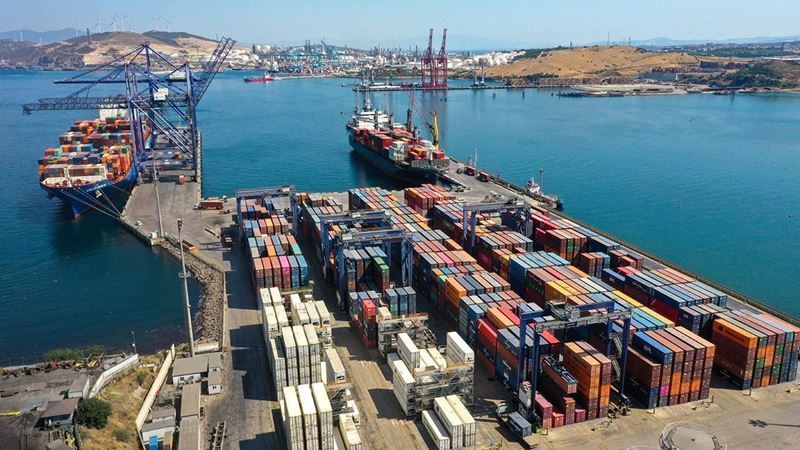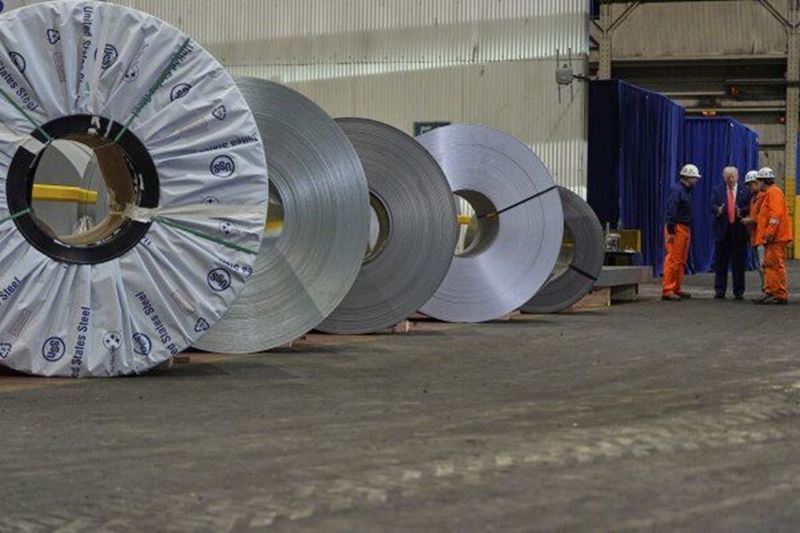According to a report by The Korea Post, Mexico is facing ongoing trade tensions with the US and strict import regulations on Asian steel products.
Mexico, Latin America's largest steel consumer, will maintain its leading position in the region with an estimated 18.2 million tons of steel production in 2024, while ranking eighth in global steel imports. However, recent regulations in Mexico's Automatic Import Approval System (AAIPS) aimed at preventing indirect exports of Asian-origin steel products are significantly hindering Korean companies' access to the market.
According to data from the Mexican Steel Industry Association (CANACERO), over 93% of the country's steel production is carried out using the Electric Arc Furnace (EAF) method, and this production relies heavily on imported steel scrap. In 2024, Mexico's scrap steel imports reached approximately USD 300 million. South Korea is the fourth-largest exporter of steel to Mexico, accounting for 7.1% of the market, and has a strong presence, particularly in high-value-added products.
Multinational companies such as Luxembourg-based ArcelorMittal and Thyssenkrupp account for approximately 40-50% of Mexico's steel production, while local players such as Deacero, Simec, and Tenaris TAMSA are also expanding their market share. Korean companies play an active role in Mexico's steel supply chain through the export of parts and semi-finished products. However, due to recent tightening of import regulations, Korean companies are increasingly needing to diversify their supply sources and increase their local production capacity.
In particular, the significant restriction of steel imports from Southeast Asian countries such as Vietnam, Malaysia, and Indonesia is prompting Korean steel companies to establish alternative supply chains and increase local investments through joint ventures. Additionally, the positive outcome of Mexico's negotiations with the US regarding customs exemptions and export quotas for steel products could support market dynamics.
KOTRA Mexico City Trade Center officials commented, "The Mexican steel industry is closely linked to US production, but due to recent customs duties and import controls, it is vital for Korean companies to rapidly increase local production and diversify their supply chains. It is necessary to closely monitor policy and trade negotiations between Mexico and the US and take strategic steps."
South Korean steel companies are investing in production facilities based on environmentally friendly EAF technology to produce high-quality steel and components, thereby aiming to strengthen their position in the Mexican and North American markets. On the other hand, Mexico's strict legal procedures and certification requirements regarding import regulations continue to pose a major challenge for companies.










Comments
No comment yet.